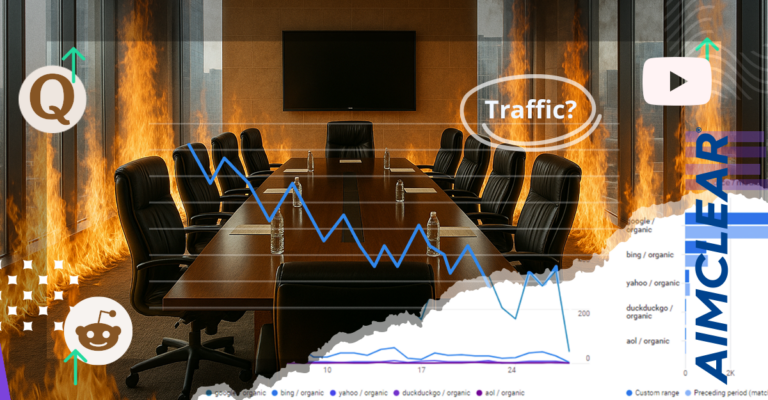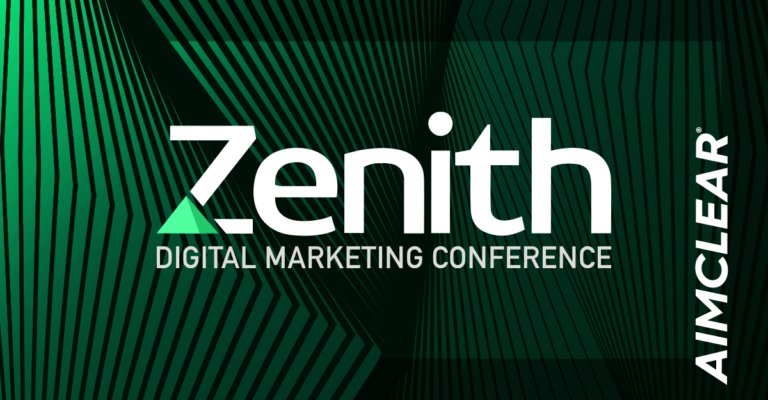
There was a palpable hush in our AIMCLEAR rotunda office yesterday afternoon as, *gasp,* I finally caved personally to incorrect usage of of the initials “SEM” to humor our PPC client. Sadly in this wacky world of nearly indistinguishable acronyms, abbreviations and cryptic terms there’s a colloquial tragedy afoot. Even the New York Times got SEM wrong.
Noted industry journalist Danny Sullivan proposed the term “Search Engine Marketing” in 2001 to encompass the universe of activities associated with performing SEO, managing search engines’ paid listings, site submission to directories and developing online marketing strategies for businesses, organizations, and individuals. The moniker stuck and we’ve been using the label for years to describe the full spectrum of Internet marketing.
However over time, SEM has become synonymous with paid search. Bunk! It’s just not true! SEM stands for “Search Engine Marketing,” of which paid search is but one channel. I’m a purist and don’t take kindly to the dilution of our SEM industry terms. We’ve been teaching clients that SEM includes both SEO and PPC for years. At least Wikipedia’s got it under control. Whatever the outcome, maybe we can all agree on definitions and start anew.
SEM Stands for “search engine marketing.” In the old days when search engine marketing was nascent, SEM meant “all things search engine” and later evolved to imply “all things Internet marketing.” Obviously Internet marketing has grown to include many channels other than search engines. Nobody would argue against the premise that Search engine marketing includes SEO.
Unfortunately, even salty-dog pros now commonly misuse “SEM” to mean paid search. SEM does not mean only PPC, content network Facebook ads and other paid search. SEM includes PPC as one of many Internet marketing channels. SEM also, to my mind, includes social media optimization (SMO) and other Internet marketing channels.
SEO means “search engine optimization.” SEO is the process of research and tactics to improve “the volume and quality of traffic to a website from search engines via “natural” (“organic” or “algorithmic”) search results (Wikipedia). No longer just about “engines,” the term “SEO” does somewhat of a disservice because the practice of SEO is now applied to any any Internet channel. For instance, we do keyword research to optimize social media profiles and online press releases.
Last spring at the Microsoft SES New York party, I had a chance conversation with Danny Sullivan over Thai pizza and dark beer. I was impressed by his reverence for our industry’s vernacular while discussing whether Facebook PPC belongs at search marketing conferences. Danny asked “where’s the search box?” “Where are people typing in queries?” “Search is different than contextual interrupt marketing Marty!” He wanted to make sure essential concepts did not get jumbled.
To to our staff’s disappointment I’ve personally caved and started to use the term “SEM” to define paid search, my heart’s not in it. Somehow the misuse of traditional vernacular makes me feel dirty and disrespectful. Call me romantic but, to me, SEM stands for search engine marketing, not PPC.








